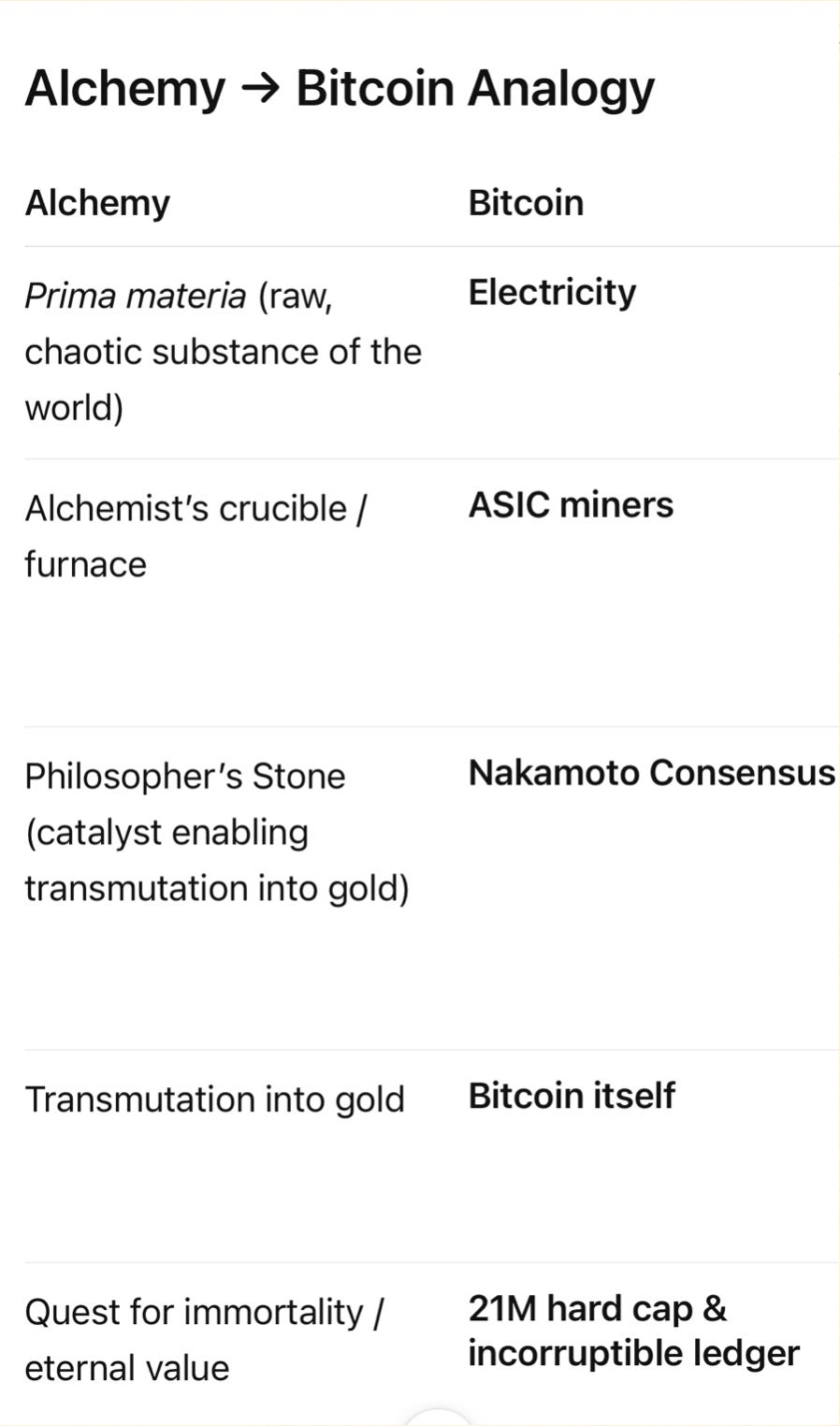The Alchemy of Bitcoin
Newton would be minting if he were alive today
Newton minted
Most people don’t know that Isaac Newton was Master of the Mint in England for three decades. There is an excellent book about this, with the title Newton and the Counterfeiter: The Unknown Detective Career of the World’s Greatest Scientist by Thomas Levenson (Houghton Mifflin Harcourt, 2009). This was the major part of Newton’s second career after he left Cambridge University, where he spent four decades, and moved down to London. Newton improved the security of the coinage, including by adopting reeded edges that cut down on clipping and made the coins more difficult to counterfeit.
The counterfeiter in the book title? Newton did substantial detective work and evidence gathering that helped to convict the counterfeiter in 1699 and send him to the gallows.
Something else not widely known about Newton was his pursuit of alchemy, largely in secret. Chemistry and alchemy were not well differentiated at the time. The father of calculus and dynamics was seeking the underlying basis of matter at a time when atomic theory was not well developed and yes, he believed in the possibility of transmutation of base metals such as lead into gold, if the right formula and technique could be found.
This would involve a philosopher’s stone, acting as a catalyst for the right materials in a crucible and of course a furnace providing energy for reactions. The two major goals of alchemy were transmutation of base materials into precious metals and the pursuit of the elixir of life that would extend life spans or even convey immortality.
Eternity and value were being sought.
Bitcoin is eternal value
Imagine if Newton were alive today and exposed to Bitcoin. It represents, for those who understand its significance, a possibility of eternal or quasi-eternal value. It is the first monetary technology fully rooted in energy and cryptography. It is the first that adheres to both a scientifically precise formula for its creation and to a fully standard measure, with a precisely finite supply, to a full 15 digits of precision.
No inflation of the supply — which even gold experiences, doubling its supply in around the interval of time during which Newton was in Cambridge. Even the best fiat currencies double supply more rapidly, every decade.
Newton might have seen Bitcoin as a post-modern, third millennial form of alchemy. Bitcoin transmutes electricity into eternal value. It does that through the philosopher’s stone of the Nakamoto consensus, the code that Satoshi bestowed on humanity.
Here’s a summary table for the Bitcoin analogy to alchemy that I put together with the assistance of GPT5.
Newton asserted that a body set in motion had intrinsic momentum and would continue to move unless decelerated by some force acting upon it. It’s his First Law ““Every body perseveres in its state of rest, or of uniform motion in a right line, unless it is compelled to change that state by forces impressed thereon.” - from the Principia, 1687.
Bitcoin has an inertia of another sort, a persistent power law for price of seemingly invariant nature, in terms of nearly the square of the cube of its age. Bubbles and anti-bubbles have come and gone, but the power law has been the guiding trend, the attractor, to which it always returns.
Money of the third millennium is created in a quotidian electric furnace known as a mining rig, but with a specialized ASIC crucible holding a block of potential transactions, that are inscribed into an eternal, globally replicated, open and incorruptible ledger, all within a nonce, and catalyzed by Satoshi’s philosopher stone, his Nakamoto consensus. Bitcoin is minted, electrical energy is transmuted, as a consequence, providing a specified reward to the winner of the extremely competitive hashing lottery.
Atoms to electrons to highly secured eternal bits of growing value, and it all occurs with the rhythm of a free neutron’s half-life. It seems almost like alchemy.
Newton had a limited view of electricity, saw it as an occult force, so he would be immensely curious about steam turbines and electrical generators. And he would be in awe of computers, or calculating engines.
Newton might then go on to ask though, “How is it that you invented this energy-based money only after calculating the three body gravitational problem needed to land men on the Moon?”

